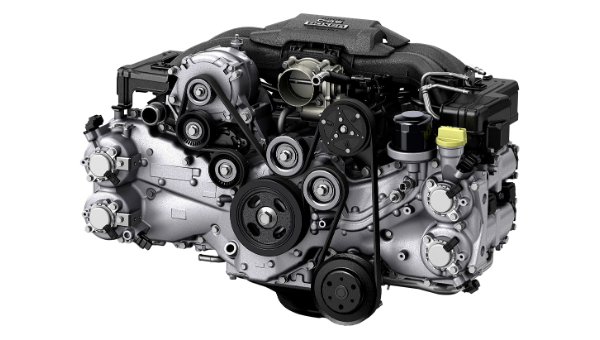
Where’s the plan?
In its Draft 30-Year Infrastructure Strategy document, the Victorian Government states it may phase out all internal combustion engine (ICE) vehicles during the next three decades, in the absence of a Federal Government move.
If that happens, the sale and registration of new internal combustion vehicles in Victoria would cease.
The term ‘sale and registration’ means Victorians won’t be able to go interstate for their internal combustion fix. In theory, they might be able to buy their vehicle in, say, Queensland, but they won’t be able to bring it back home and register it in Victoria.
By 2050 this all might be moot anyway, as in other parts of the world, time is ticking. The UK recently brought forward its ban on petrol and diesel passenger vehicles to 2030.
That might sound like a long time but, in product design and verification terms, it’s not. This means the major vehicle constructors have probably already abandoned ‘traditional’ engine development.
Ford recently announced it would go completely electric by mid-2026, General Motors is ending ICE production by 2035.
That’s okay, but I am worried about the possible consequences of these decisions.
What happens to the more than 380,000 people employed in Australia’s automotive industry? What becomes of consumer choice? Who looks after owners of internal combustion-powered vehicles in the future?
What are the answers?
I promote environmental responsibility, but governments need a plan to transition the auto industry and the millions of motorists it services, or we will have a big problem on our hands.
Words: VACC CEO, Geoff Gwilym. As featured in the Herald Sun 12 March 2021.
Share your thoughts! E: ceo@vacc.com.au